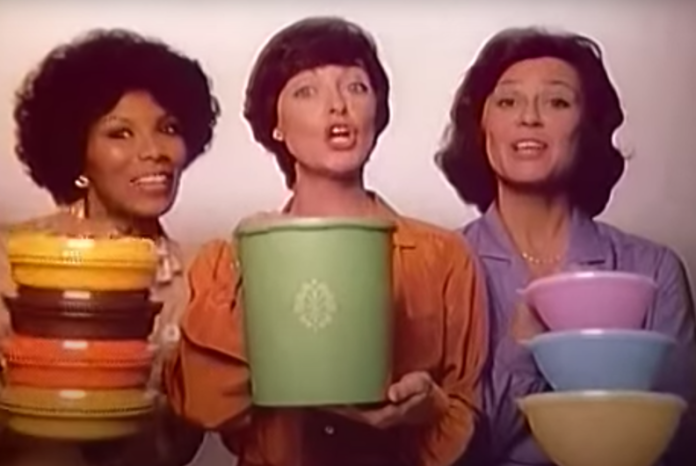We’re in a golden age for food storage. So why is America’s paradigmatic container brand failing?
Tupperware Files for Bankruptcy: A Sign of Changing Times
This week, the company behind Tupperware filed for bankruptcy, signaling the downfall of a brand that once revolutionized how Americans stored their food. Its story serves as a reminder that in business, being the first to innovate doesn’t always guarantee long-term success. Instead, imitators often capitalize on an innovator’s groundwork, learning from their mistakes and, in many cases, surpassing them.
The Invention of Tupperware and Its Early Success
In the 1940s, Earl Tupper’s airtight plastic containers changed the way households preserved food. “Tupperware parties,” a unique sales method where women sold the product to friends and neighbors, became a cultural phenomenon. Soon, Tupperware was everywhere, but by the 1980s, competitors began flooding the market with cheaper, similar products as the company’s patents expired.
The Struggles of Being a First Mover in Business
For a brand like Tupperware, being the first wasn’t enough. In business, being a “first mover” is no guarantee of long-term profitability. As the late businessman Eli Broad wrote in The Art of Being Unreasonable, companies that follow an innovator often benefit from learning from their mistakes while enjoying a customer base already interested in the product. Tupperware, Xerox, and Polaroid all introduced groundbreaking products but later struggled to adapt to competition.
Why First Mover Advantage Doesn’t Last Forever
The pride of being the first in a market can sometimes make companies reluctant to change, even when consumer demands shift. As business professor Fernando Suarez pointed out, the “first-mover advantage” has a shelf life. Consumers eventually look for cheaper alternatives, and brand loyalty can fade over time. This is exactly what happened as Tupperware’s rivals began offering both more expensive glass containers for the eco-conscious and cheaper plastic alternatives.
Tupperware’s Failure to Modernize in a Changing Market
Even as America entered a “golden age for food storage,” as Amanda Mull noted in The Atlantic, Tupperware struggled to keep pace. The company didn’t modernize its product design significantly, nor did it lower its prices enough to compete with cheaper brands. It also hesitated to embrace traditional retail or e-commerce platforms, waiting until 2022 to begin selling on Amazon and at major retailers like Target.
The Decline of the Tupperware Party Sales Model
Tupperware’s reliance on direct sales, once an innovative approach, began to work against the company. The “Tupperware parties” that thrived in an era when fewer women worked outside the home became outdated. In recent years, these parties have sometimes been seen as a multilevel-marketing scheme, further damaging the brand’s appeal. However, Tupperware’s direct-sales model has seen better success abroad, particularly in markets like Indonesia.
Learning from Imitators: How Competitors Surpassed Tupperware
The business world tends to celebrate inventors and stigmatize imitators, but many of today’s most successful companies weren’t pioneers. As Ohio State professor Oded Shenkar noted, Facebook didn’t invent social networking, Walmart borrowed ideas from other stores, and Ryanair adopted many strategies from Southwest Airlines. These companies thrived not by being first, but by perfecting what already existed.
Tupperware’s Legacy in American Households
If you open your kitchen cabinets today, you likely own containers you call “Tupperware,” whether they’re from the actual company or a competitor. Despite its influence on the American kitchen, Tupperware’s fall may go largely unnoticed. In the end, the name Tupperware may live on as verbal shorthand, even if the company itself disappears.








